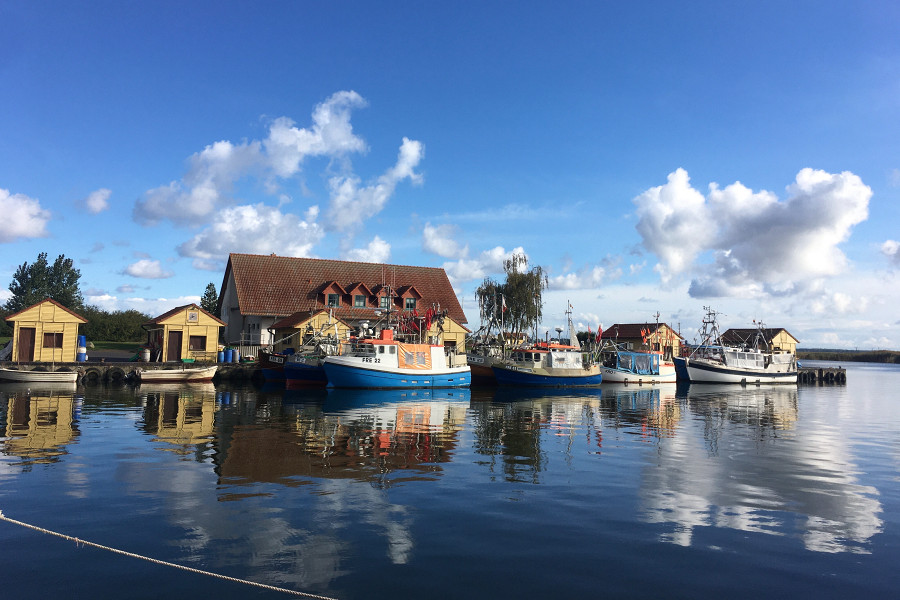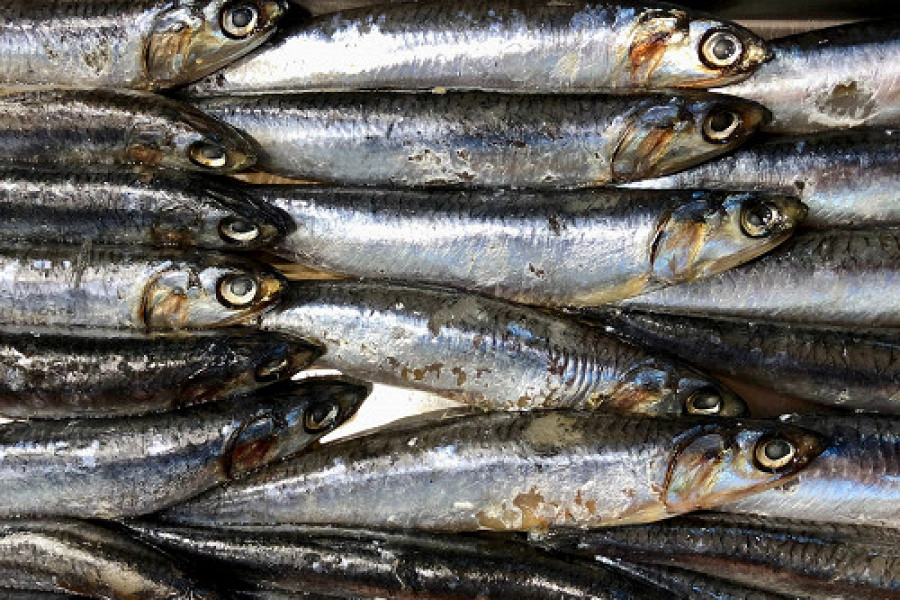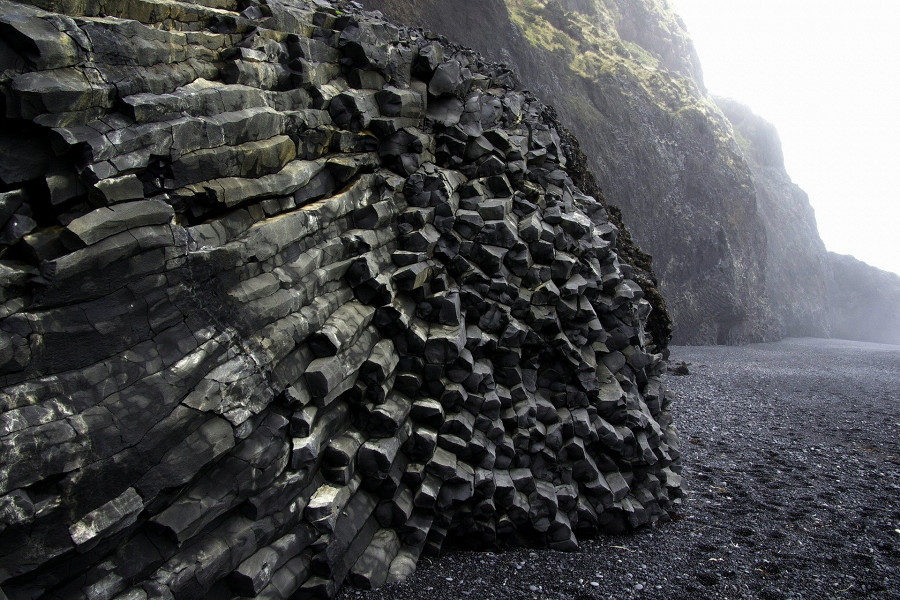Marine and Coastal Resource Economy
Seas and coasts are characterized by a variety of different economic activities, for example in the fields of fisheries, offshore wind power or tourism. Every use influences the interests and opportunities of other sectors. The ecosystem and its biodiversity are also changed by anthropogenic influences.
At the Center for Ocean and Society, researchers are investigating how political decisions can direct and improve interactions between natural resources such as fish, mussels and other marine products and their users. The time dimension plays an important role here, as today's behaviour influences future possibilities. In order to create acceptance for sustainable management of marine and coastal resources, the working group analyses different management strategies for natural resources and their effects on other sectors. The research helps to solve pressing problems in the management of marine and coastal resources - e.g. overfishing - and making necessary adjustments to climate change.
Methods
Various mechanisms of action are analysed using conceptual economic models. For the quantitative assessment of the effects of different management alternatives, the working group mainly uses integrated ecological-economic models, but also regression analyses and experiments. In order to answer open research questions, the necessary data is collected using surveys, for example.
Projects
Alternative futures of the Northern Humboldt Current upwelling system under Shared Socioeconomic Pathways
Marine ecological-economic systems in the Western Baltic Sea and beyond: Shifting the baseline to a regime of sustainability
The project is dedicated to the adaptation of coastal fishery in the Western Baltic Sea to climate change.
Coastal Fishery, Biodiversity, Spatial Use and Climate Change: A Participative Approach to navigate the Western Baltic Sea into a Sustainable Future
Climate change is causing redistributions of marine fish species. Based on genetic studies and bioeconomic models, proposals are being developed on how fisheries management can respond.
The project examines whether and under which circumstances marine alkalinity enhancement can be a viable process to remove CO2 from the atmosphere, storing it safely in the ocean. Similarly, impacts on fish stocks, fisheries, and food security will be examined.























